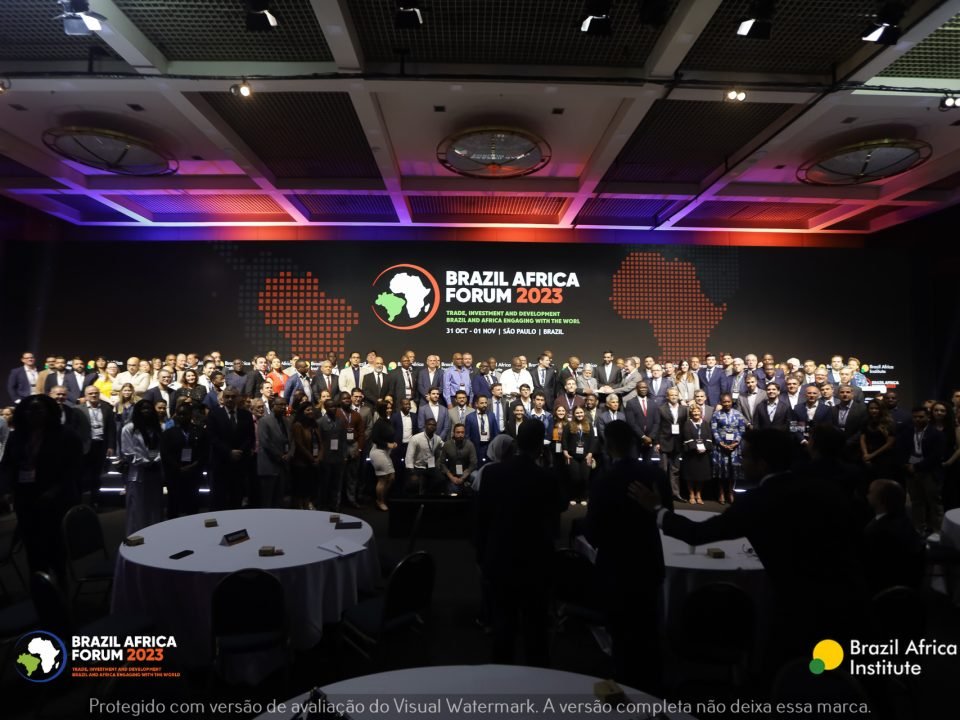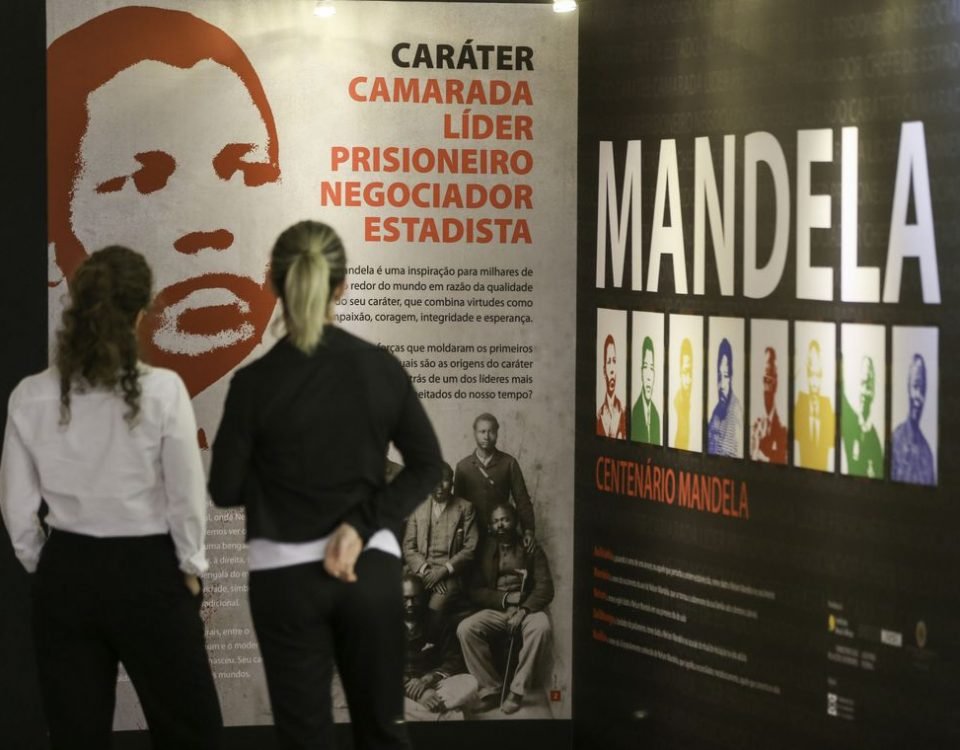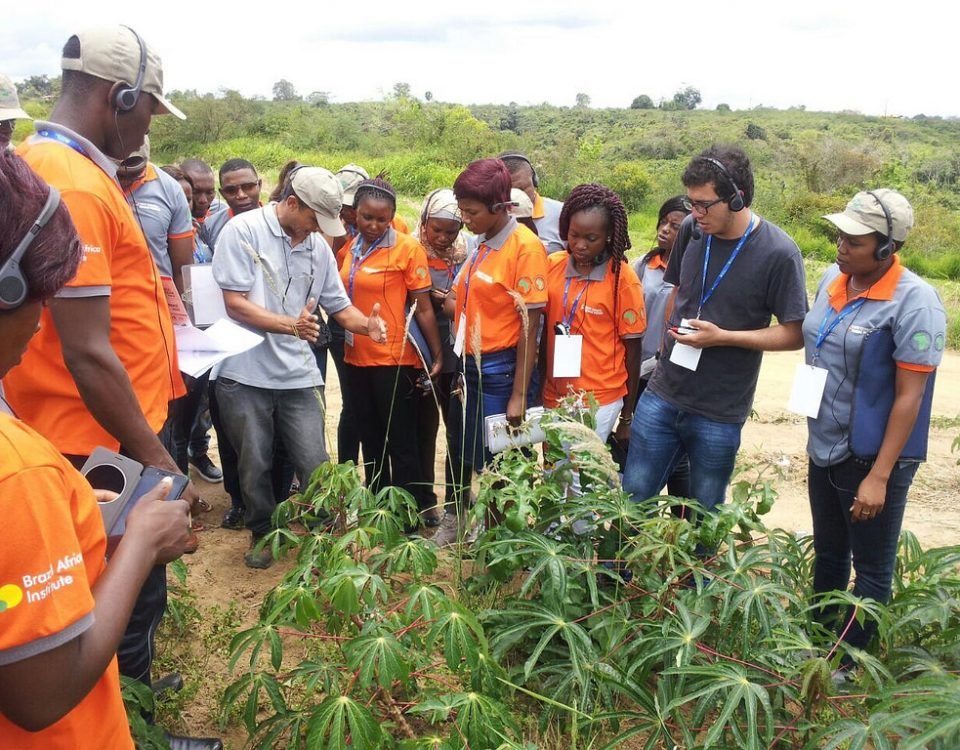IBRAF to provide medical training as part of the Alliance to Fight Avoidable Blindness

Brazil Africa Institute (IBRAF) has signed the declaration of joining the Second Generation of the Alliance to Fight Avoidable Blindness (AFAB), an initiative carried out by the Islamic Development Bank (IsDB) and the Islamic Solidarity Fund for Development (ISFD). The program aims to restore eyesight to blind people who had suffered from visual impairment that can be prevented or treated.
IBRAF’s President, João Bosco Monte, signed the declaration at the headquarters of the ISFD in Jeddah, Saudi Arabia, in the presence of the Diretor General Dr. Waleed Al Wohaib.
Brazil Africa Institute is the only Brazilian institution – alongside with other 31 partners from different countries – to be a member of the Second Generation of the Alliance and is going to provide university training course to 20 young African medical staff to be more capable of fighting avoidable blindness in their own countries. The course is going to happen as the second session of the Youth Technical Training Program (YTTP), IBRAF’s project to capacitate young Africans in Brazil.

Dr. Waleed Al Wohaib and Professor João Bosco Monte
The Institute is also committed to promote the AFAB with other partners in Brazil. IBRAF and the Fund agreed to arrange a day in upcoming November – during Dr. Al Wohaib’s participation in the 6th Brazil Africa Forum – to report about the actions of the Alliance.
The Second Generation of the AFAB will develop its actions in 12 African countries: Burkina Faso, Chad, Cameroon, Côte d’Ivoire, Djibouti, Guinea, Guinea-Bissau, Mauritania, Mali, Mozambique, Niger and Togo. According to Dr. Waleed Al Wohaib, “about 33 million people in Africa suffer from visual impairment while nearly 75% of these cases can be prevented or treated, especially those related to cataract”.
The program will invest $250 millions from 2018 to 2022. The first phase achieved the mark of 244.197 eye examinations provided and 49.486 cataract surgeries performed in eight African countries.




